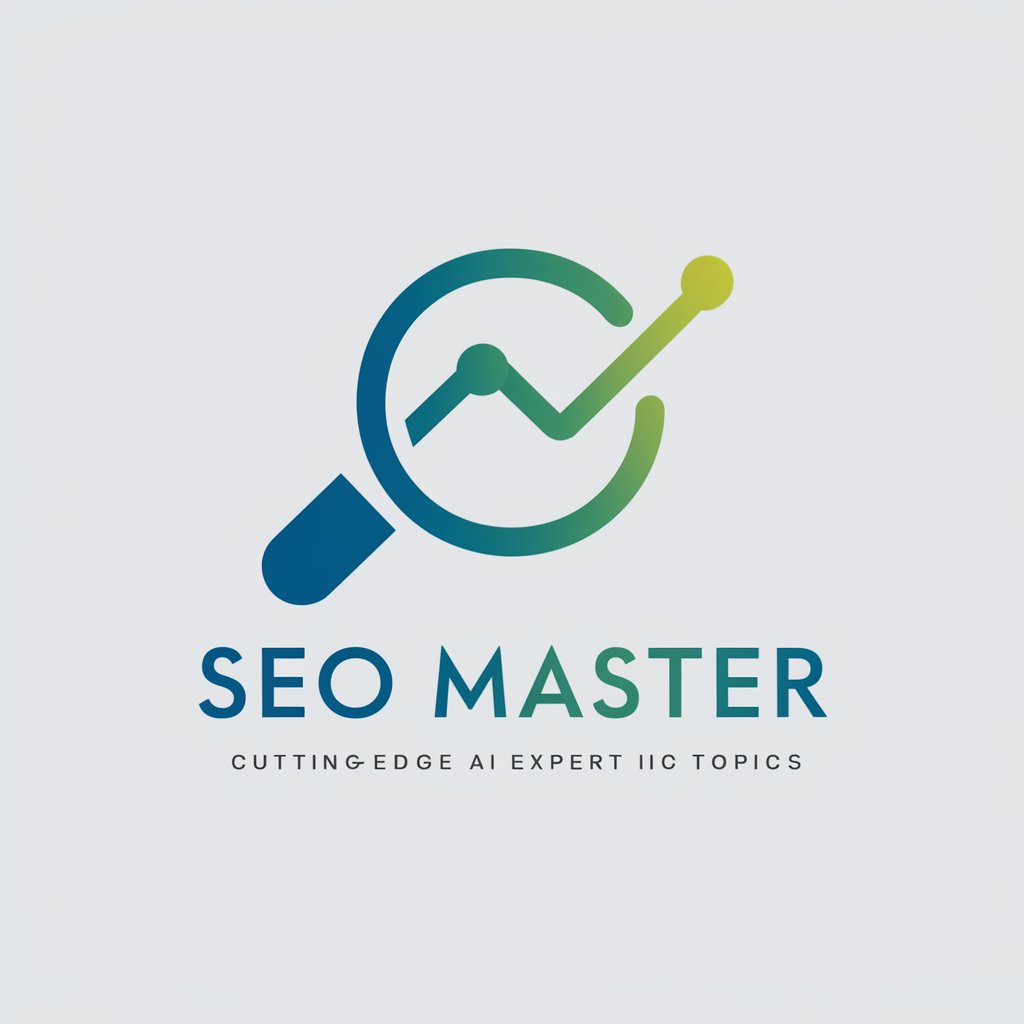
Keyword Strategy - SEO Content Structuring Tool

Welcome to Keyword Strategy, your partner in structured SEO insights.
Empowering SEO with AI-driven Keyword Insights
Generate a keyword cluster for 'private proxies' with...
Create a meta description for an article about...
Suggest SEO titles for a blog post on...
Identify search intent for the keyword '...
Get Embed Code
Overview of Keyword Strategy
Keyword Strategy is a specialized tool designed to enhance SEO content planning. It operates by providing structured, data-centric insights into keyword optimization. The core function involves generating tables that categorize keywords into clusters, elucidate search intent, and suggest optimized titles and meta descriptions. For instance, given a keyword like 'organic gardening tips', Keyword Strategy would identify related keyword clusters (e.g., 'beginner gardening guides', 'eco-friendly gardening methods'), define the primary search intent (informational, transactional), and propose SEO-optimized titles and meta descriptions suitable for web content. Powered by ChatGPT-4o。

Primary Functions of Keyword Strategy
Keyword Clustering
Example
For 'sustainable fashion brands', clusters may include 'ethical clothing companies', 'eco-friendly fashion', 'green apparel brands'.
Scenario
This helps content creators target a broader range of related search queries, enhancing the content's visibility and relevance on search engines.
Identifying Search Intent
Example
For 'how to install solar panels', the intent is primarily educational/informational.
Scenario
Understanding this, marketers can tailor their content to answer questions, providing detailed guides, thus meeting the users' needs more effectively.
Optimized Titles and Meta Descriptions
Example
For 'best coffee machines 2024', suggested title: 'Top 10 Coffee Machines of 2024: Expert Reviews and Buying Guide', suggested meta description: 'Discover the best coffee machines of 2024 with our comprehensive guide and expert reviews. Find the perfect machine for your home or office.'
Scenario
This enables webmasters to create titles and descriptions that are both enticing to readers and optimized for search engines, striking a balance between click-through rates and keyword relevance.
Target User Groups for Keyword Strategy
SEO Specialists
Professionals focused on search engine optimization will find this tool invaluable for crafting keyword strategies that align with Google’s algorithms, thereby improving website rankings.
Content Creators and Marketers
Writers and marketers crafting online content can utilize Keyword Strategy to ensure their articles, blogs, and web pages are optimized for relevant search terms, thus increasing visibility and engagement.
Digital Marketing Agencies
Agencies can leverage Keyword Strategy to streamline their SEO services for clients, providing targeted keyword insights that boost the performance of client websites in search engine results.

Guidelines for Using Keyword Strategy
1
Visit yeschat.ai for a free trial without login, also no need for ChatGPT Plus.
2
Select a primary keyword or topic for your content. This should be closely related to your intended audience or specific content goals.
3
Use Keyword Strategy to identify relevant keyword clusters. These clusters will help structure your content for better search engine visibility.
4
Integrate the suggested titles and meta descriptions into your content. Ensure they align with the search intent of your target audience.
5
Regularly review and update your content. Utilize Keyword Strategy's insights to stay ahead of evolving SEO trends and maintain your content's relevance.
Try other advanced and practical GPTs
Socratic Guide
Elevate Your Thinking with AI-Powered Guidance

Book Examiner
AI-powered document search and analysis

Leadeth GPT
Empowering Businesses with AI

SEO Master
Elevate Your SEO with AI

AskQuran.chat
Unlocking Quranic Knowledge with AI

mentor.ia
Empowering your tech journey with AI mentorship.

Dungeon Quest
Embark on epic AI-driven quests

Meme GPTs
Craft Your Humor with AI

Dad Jokes
Bringing AI Humor to Your Day!

Brand Advisor
Elevating Brands with AI-Powered Insights

Bambaiya Bot
Immerse in Mumbai's culture, AI-powered.

Regulations.AI
Navigate AI Laws Effortlessly

Frequently Asked Questions about Keyword Strategy
What makes Keyword Strategy unique in SEO planning?
Keyword Strategy stands out for its ability to generate structured data in tabular formats, focusing on keyword clusters, search intent, titles, and meta descriptions. This structured approach aids in developing a more targeted and effective SEO strategy.
Can Keyword Strategy help in improving website traffic?
Absolutely. By identifying relevant keyword clusters and aligning content with search intent, Keyword Strategy can significantly enhance a website's visibility and attract more organic traffic.
Is Keyword Strategy suitable for non-technical users?
Yes, it is designed with a user-friendly interface that makes it accessible for both technical and non-technical users. The tool simplifies complex SEO processes into actionable insights.
How often should I use Keyword Strategy for content updates?
Regular use is recommended, especially when creating new content or updating existing pages. This ensures your content remains optimized for the latest SEO trends.
Does Keyword Strategy provide insights into competitor analysis?
While its primary focus is on keyword clusters and search intent, insights gained can indirectly aid in understanding competitors' strategies, especially in terms of keyword usage and content structuring.